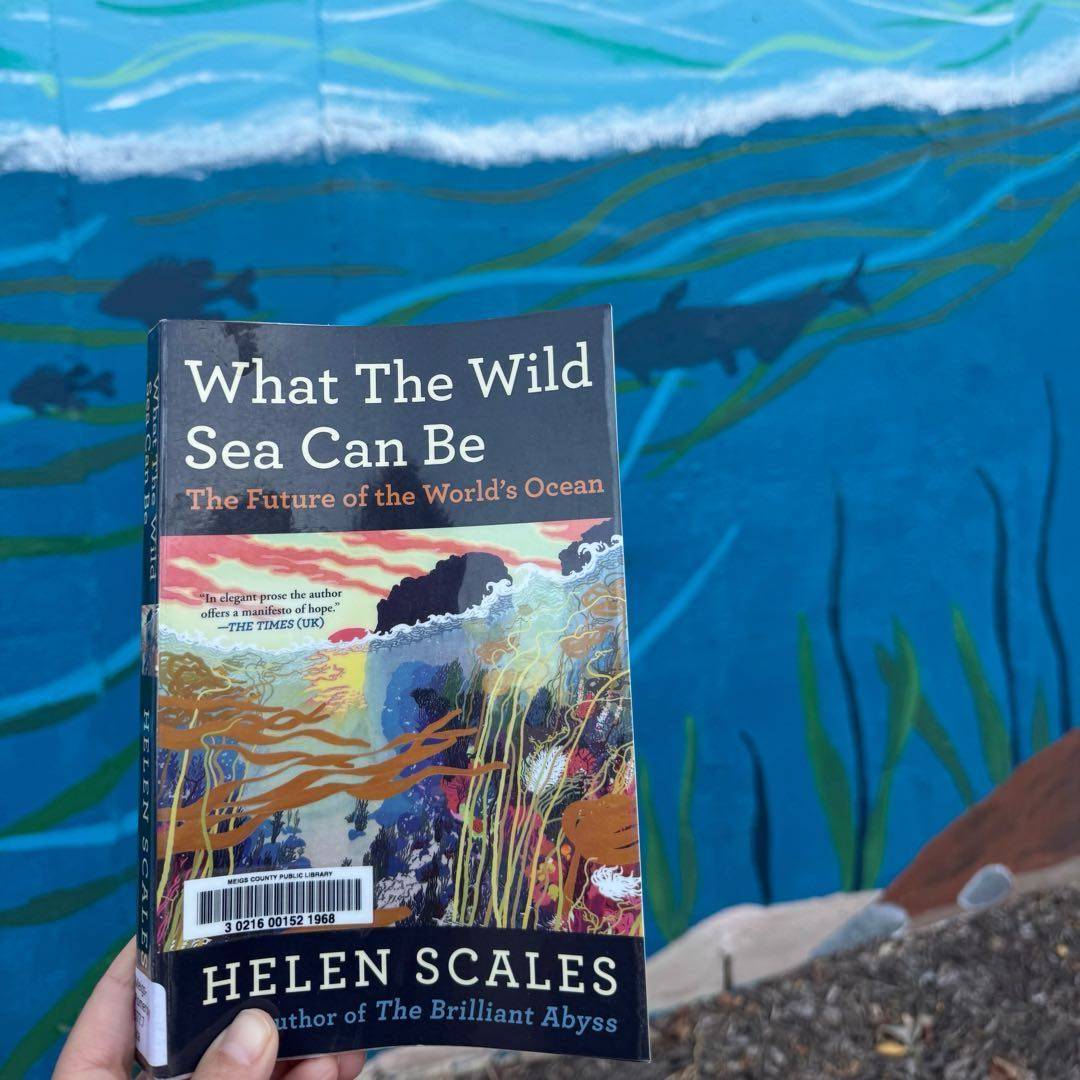“In the ocean‘s deepest, darkest depths, where the water is icy cold and the light is dim, giant squid glide silently through the black.”
“In the ocean‘s deepest, darkest depths, where the water is icy cold and the light is dim, giant squid glide silently through the black.”
In a classroom, I could use the book in science to introduce ocean habitats, food chains, or animal adaptations. In addition, I could use the book during literacy and have students focus on the author‘s descriptive language. Students could find examples of vivid sensory details and discuss how those words make the story powerful. For writing, students could write a paragraph describing another mysterious animal using language like Fleming does.
Giant Squid by Candace Fleming is a nonfiction book published in 2016. The style is very engaging. The author uses short, suspenseful sentences and poetic language that draw the reader in and build curiosity about this mysterious sea creature. In addition, Fleming uses descriptive, sensory language that helps readers visualize the dark ocean world and imagine the giant squid‘s movements.

The book that inspired a slump, through no fault of its own, but I had to present this to a group and I was so preoccupied by the presentation I couldn‘t read otherwise! An excellent read about our oceans, the creatures in them, how humans have and are causing destruction, what has been done to reverse the damage, and what we can do moving forward. I loved Scales‘ writing—blending personal stories and data. A real winner from the Women‘s Prize.
“But the sea was full of wonderful creatures, and as he swam from marvel to marvel Swimmy was happy again.“
I would use this book to inspire students to create art with water color, and teach them about the ways a paint brush can be used to create shapes and feelings. I would talk about the intentionality it takes to use water color paintings.
The illustrator uses shapes and lines to create different animals in the ocean. She uses the organization of shapes to create great sea of fish, creating a realistic, yet painting vibe. The colors add a calming feature to the book.